Solid wastes are not necessarily pollutants but have the potential to become harmful to the human health and wellbeing of the ecosystem, if not managed properly. It is a heterogeneous mass which includes all kinds of unwanted solid and semi solid wastes. Its proper management is necessary especially in mega and metropolitan cities. The recent so-called developments in order to achieve modernisation and higher standard of living created a throw away urban society which generates huge quantities of wastes of diverse type including even toxic and hazardous materials. Such a huge quantity of waste requires proper collection, transportation and disposal. Its improper management has posed various environmental problems like air, water and land pollution, traffic problems at local, regional, national and international levels. The problem caused by solid waste has disturbed the eco-friendly environment in urban areas. Presence of solid waste is harmful to the environment and produces offensive odours and adverse effects on human health and other living environment. The main risks to human health arise from the breeding of disease vectors, primarily flies and rats. The refuse dumps are the source of food for rats and small rodents which quickly proliferate and spread to neighbouring areas. The handling and transfer of biological wastes also poses a threat to the workers and other contact persons. Disease transmission may occur through direct contact with the waste, through infection of open sores or through vectors. Improper disposal of hazardous and toxic wastes has resulted in the death of human beings and animals through contamination of crops or water supplies.
Hence, the generation, disposal and poor management of solid wastes posed serious environmental problems in the metropolitan cities in India. The rapidly growing population and urbanisation in Patna Municipal Corporation have resulted in generation of more and more household, commercial and municipal wastes which bear risk to human health and deterioration in the quality of the environment whose management has become difficult. Considering the present situation and severity of the problems the study has been carried out in Patna Municipal Corporation to highlight the problems related to solid waste disposal and the strategies adopted by Patna Municipal Corporation for solid waste management.
The present study has been divided into seven chapters. Chapter-1 deals with the conceptual and analytical framework of research. Chapter-2 gives an account of the physical and cultural setting of the Patna Municipal Corporation. It includes location and extent of study area, physiography, climate, soil, natural vegetation, transportation network and brief history of Patna Municipal Corporation. Chapter-3 devoted to quantity and composition of solid waste in Patna Municipal Corporation. Chapter-4 consist of problems related to solid waste disposal, mainly environmental, health hazard and institutional problems. Chapter-5 is subdivided into two parts. Chapter-5 (A) deals with solid waste management strategy in Patna Municipal Corporation and Chapter-5(B) discusses the constraints faced by Patna Municipal Corporation while carrying out the waste management work. Chapter-6 is waste profile of Patna Municipal Corporation (micro level survey) carried out by researcher in the study area, households have selected and interviewed through questionnaires. Chater-7 is the final one dealing with the entire summary of research work along with some suggestions about the proper waste disposal management with a view to welfare of the people and improved sanitary conditions. Lastly bibliography at the end of the book.

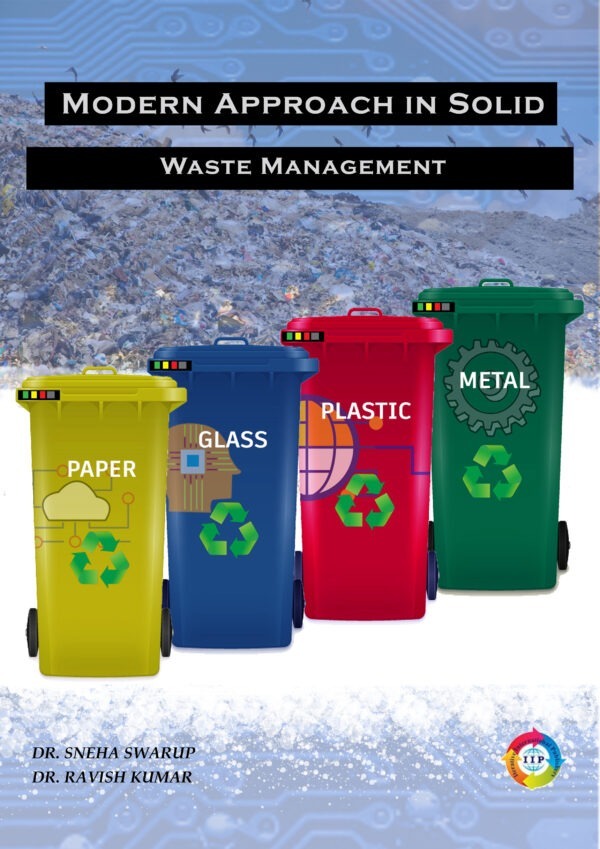
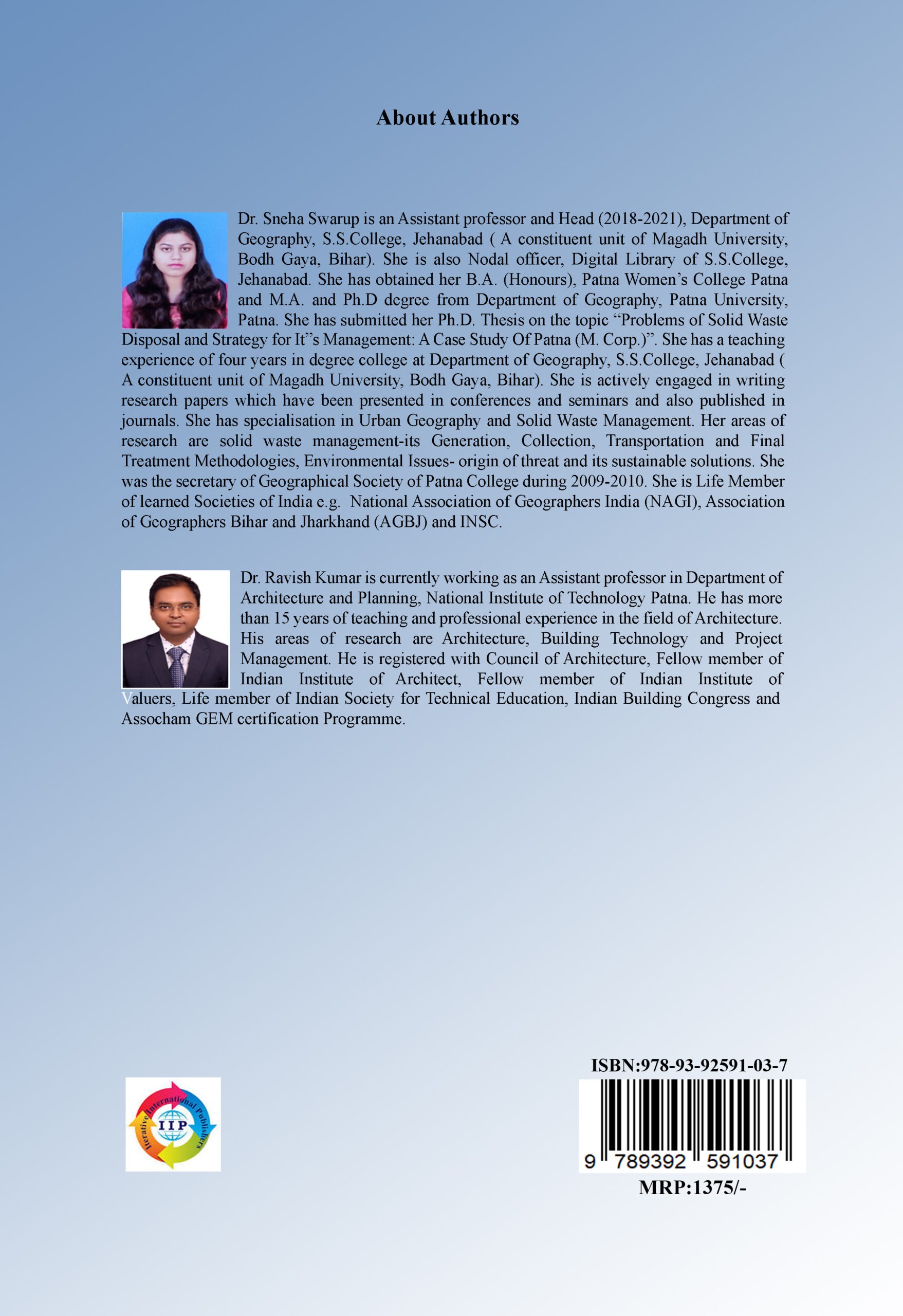
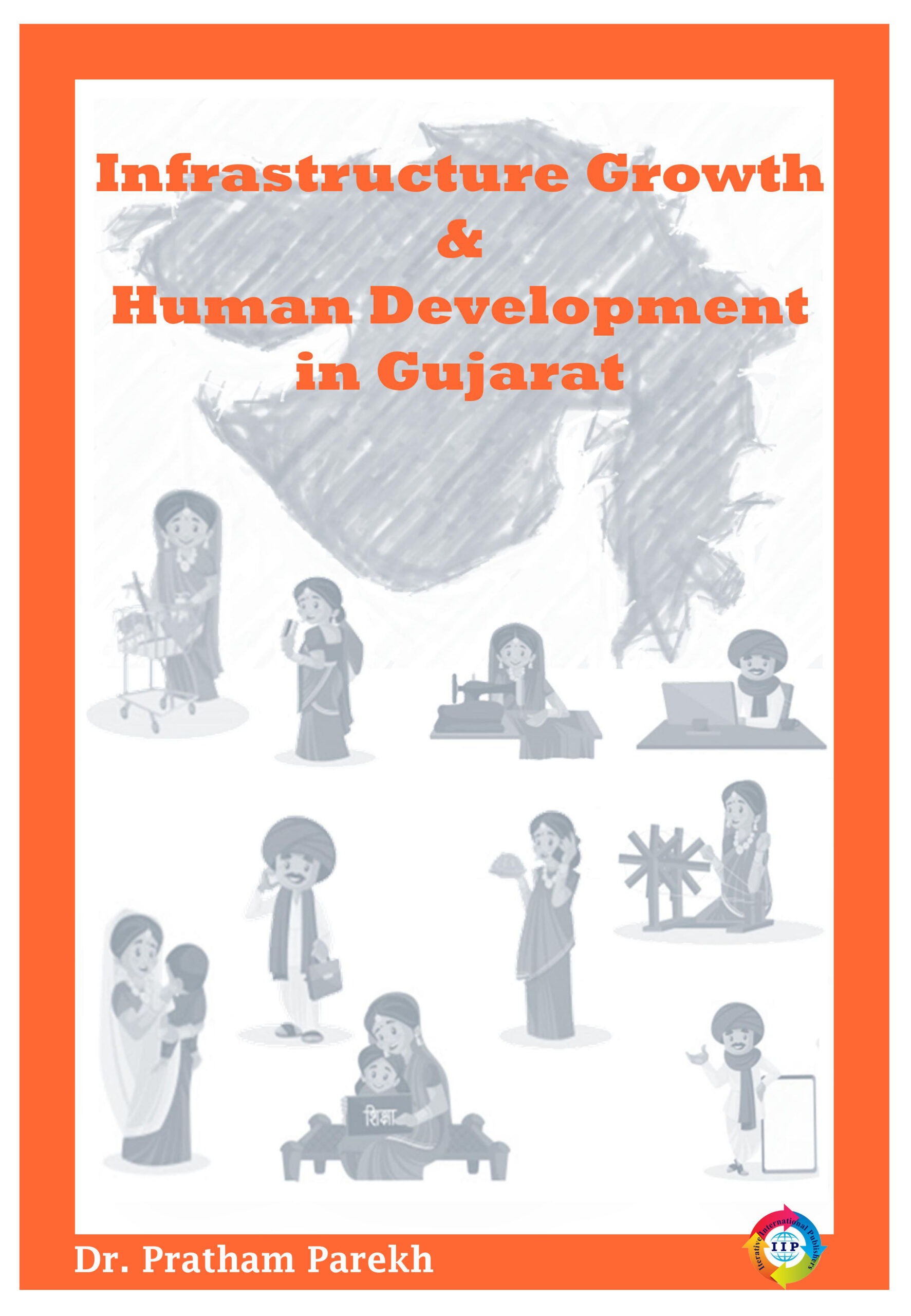
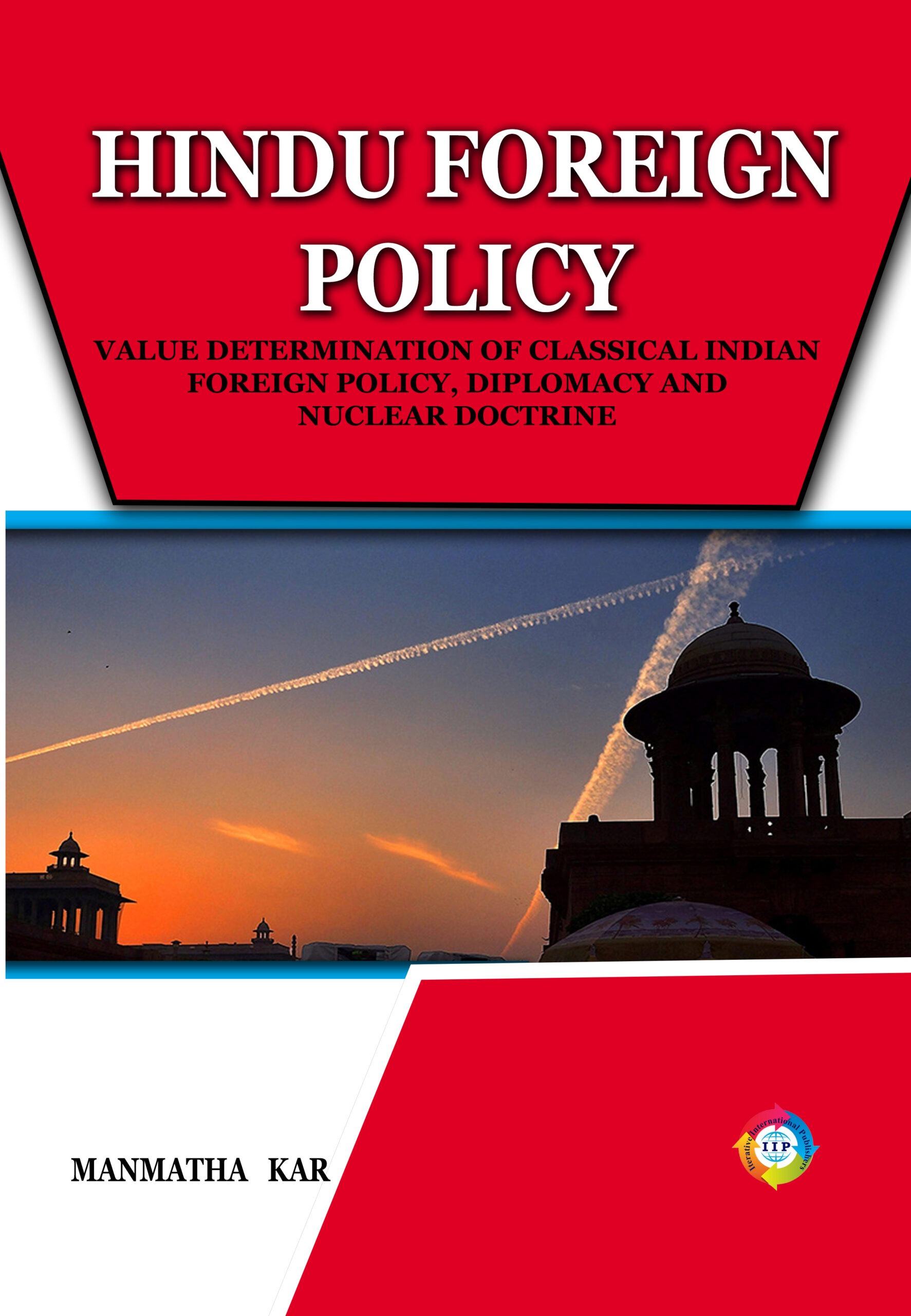
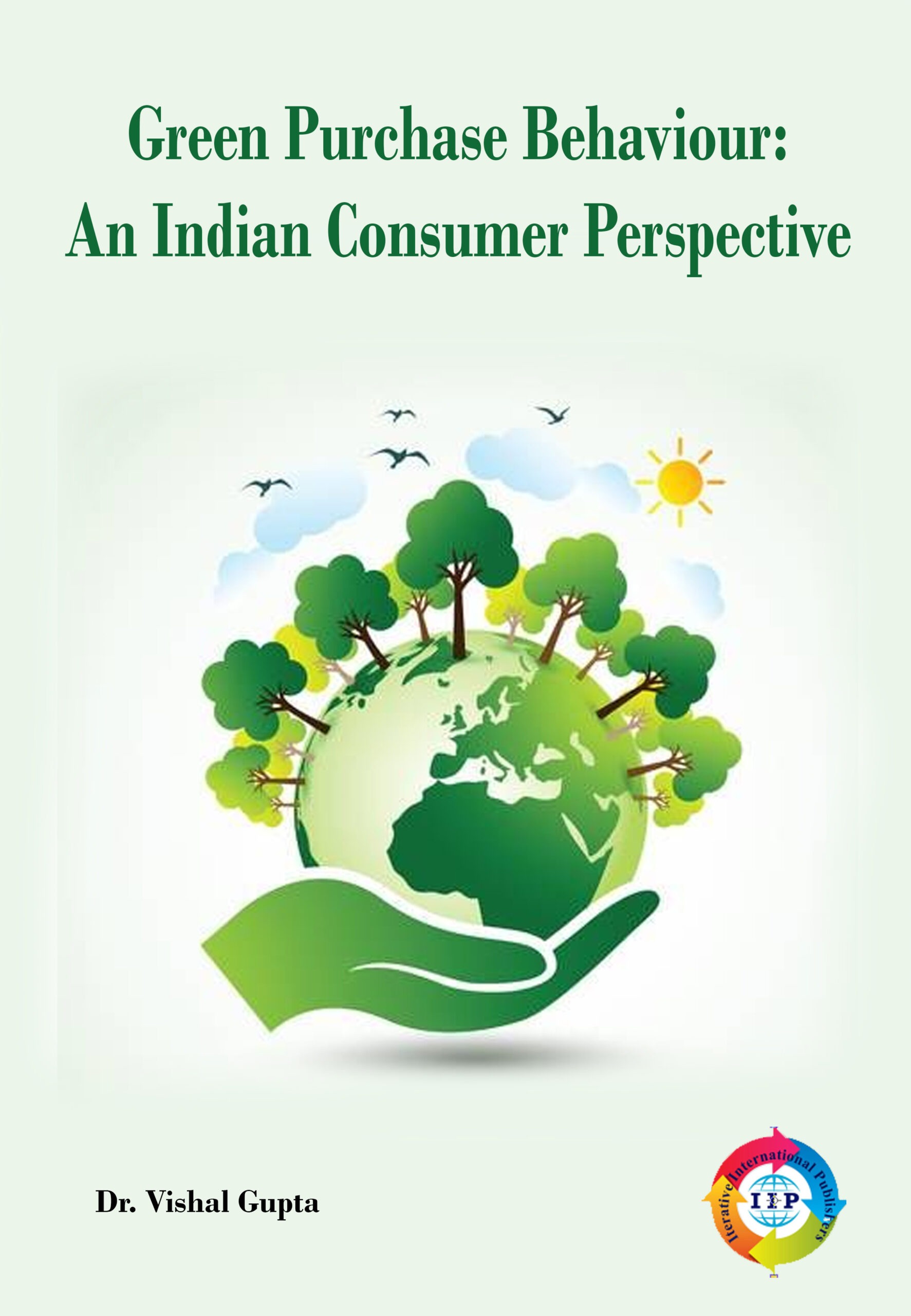
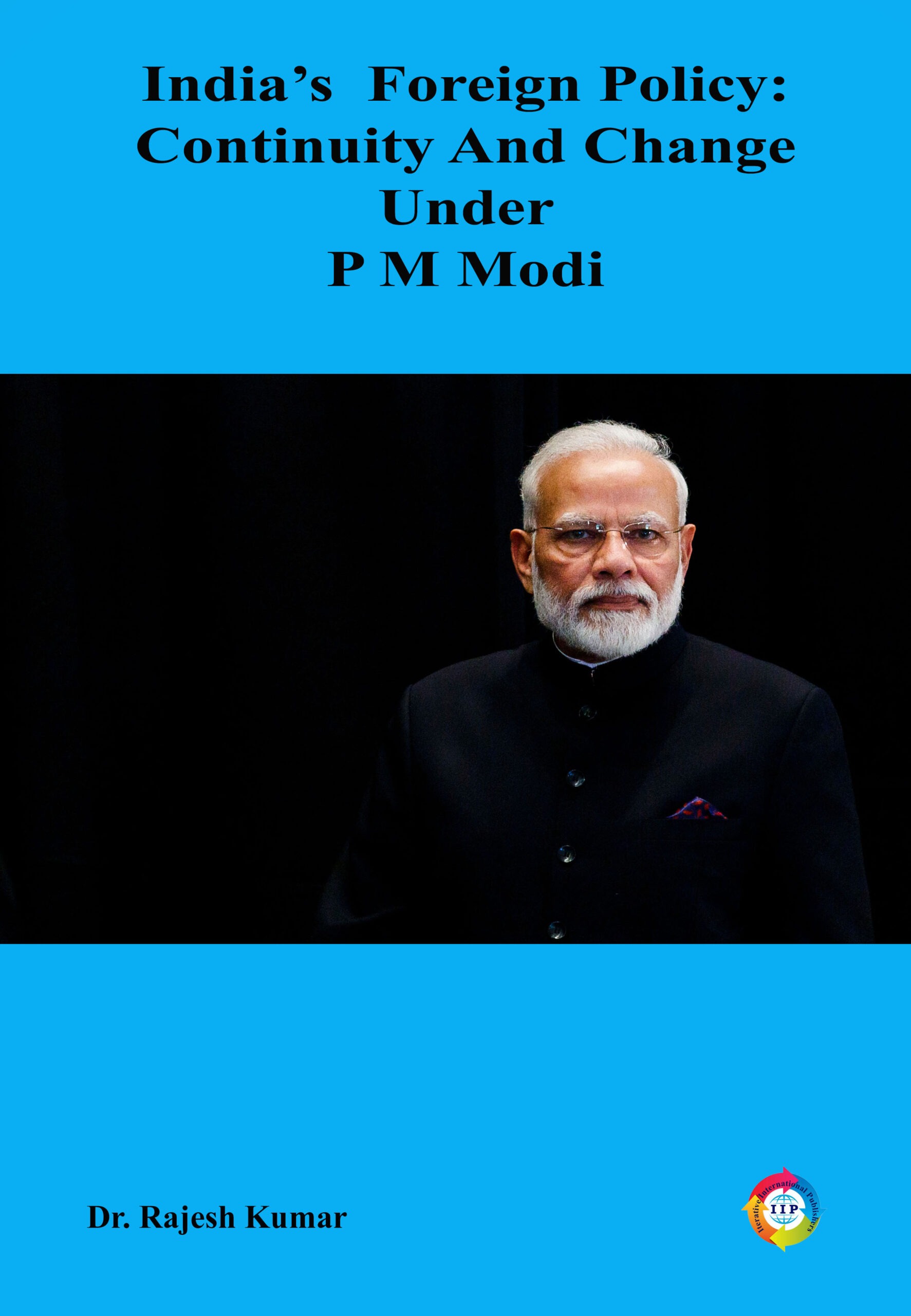
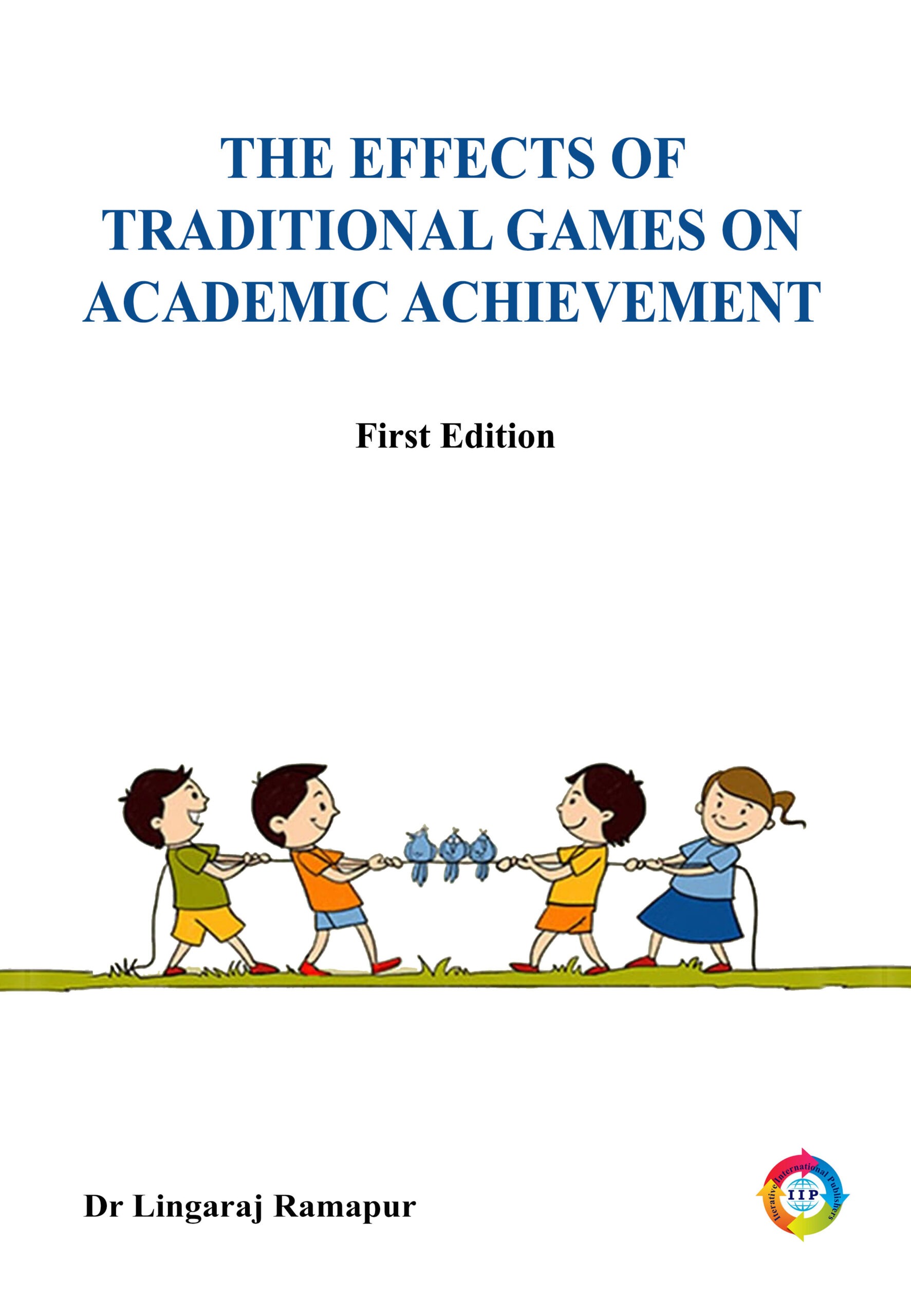
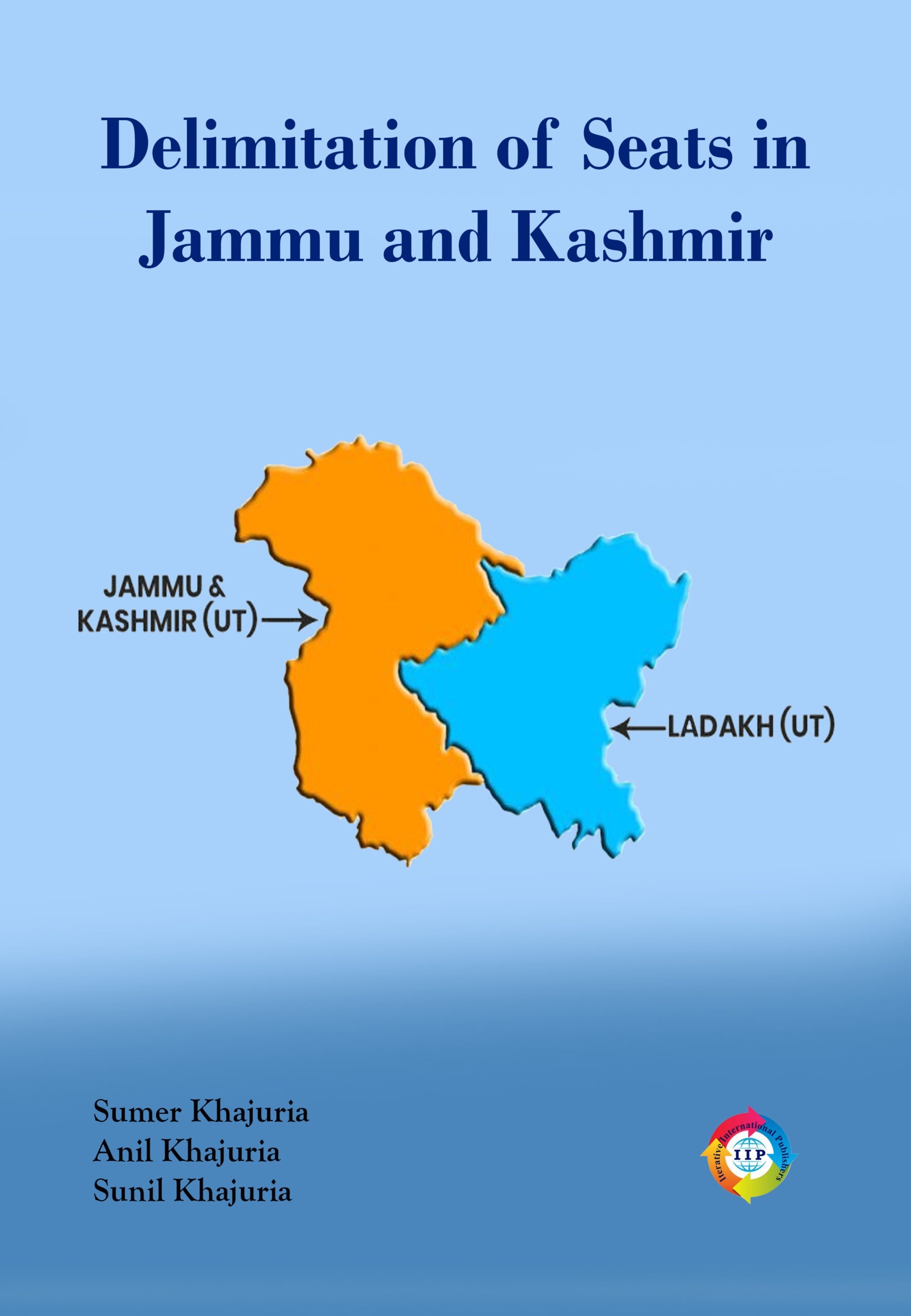
Reviews
There are no reviews yet.